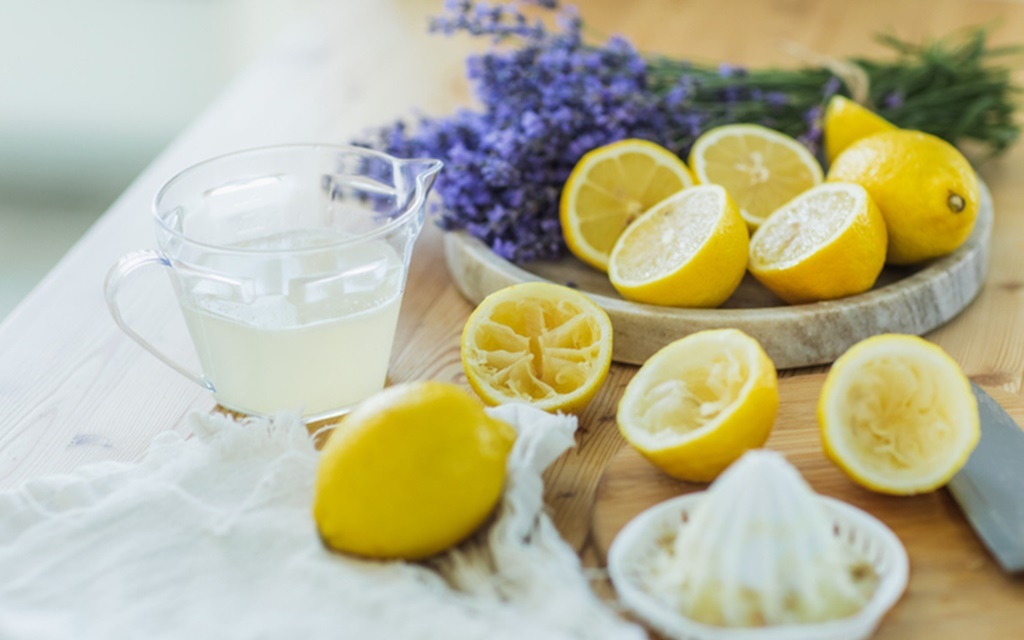
The United States International Trade Commission (USITC) intends to issue an order imposing anti-dumping duties on lemon juice imported from South Africa and Brazil.
The agency advises the US government on trade matters and intends to release a report based on its investigation by early March this year.
The USITC announced on Monday that it had completed an investigation, which indicated that lemon juice imports from SA and Brazil either are materially injuring the US market or pose a threat of doing so, due to being sold at less-than-fair value.
Dumping occurs when products from one country are sold in a foreign country for less than what they cost in the domestic market from where the products originated, flooding the foreign market with prices that are considered unfair.
Rudi Richards, general manager of the SA Fruit Juice Association (SAFJA), says the organisation is very disappointed with the US commission's decision.
"We need to wait for the final report to be released as we do not know what they decided in detail, for example, the duty rates," Richards told News24 on Tuesday.
According to available data from the SAFJA, in 2020, SA exported lemon concentrate to the value of $8.8 million (R151 million) to the US.
SA exports represented about 6% of US lemon juice imports that year.
In December 2021, Ventura Coastal, a California-based manufacturer of customised blends of citrus fruit juices, pulp, oils, and purees, lodged a complaint with the USITC. Ventura Coastal has previously brought similar complaints of dumping against Argentinian and Mexican imports.
In February 2022, the commission determined that there was "a reasonable indication that the US industry is materially injured" by imports of lemon juice from SA and Brazil. Since that was only a preliminary decision pending the completion of an investigation, exports of lemon juice from SA could continue, pending the outcome.
The investigation related to lemon juice not from concentrate and concentrated lemon juice. The investigation did not cover lemon juice packed in retail-sized containers or beverages containing 20% or less lemon juice.
Lemon juice is primarily used as an ingredient in beverages, particularly lemonade. Other uses include retail sales for home use and non-food products such as household cleaners.

